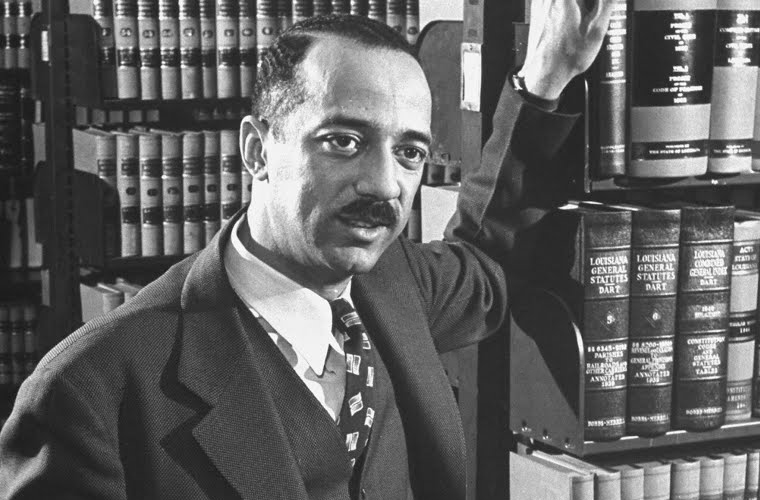William Henry Hastie was a prominent figure in American history, known for his significant contributions to the legal profession and civil rights movement. Born on November 17, 1904, in Knoxville, Tennessee, Hastie’s impact was felt in various arenas, from academia to public service. His legacy continues to inspire and influence generations of individuals committed to justice and equality.
Hastie’s early years were marked by academic excellence and a commitment to social justice. After graduating as valedictorian from Dunbar High School in Washington, D.C., he went on to attend Amherst College, where he earned a Bachelor of Arts degree in 1925. His academic journey continued at Harvard Law School, where he became the first African American to serve as editor of the Harvard Law Review and graduated with a Bachelor of Laws degree in 1930. Following his graduation, Hastie embarked on a distinguished legal career that would shape the course of American history. He served as a law clerk to Oliver Wendell Holmes Jr., a renowned Associate Justice of the United States Supreme Court, before entering private practice in Washington, D.C. His commitment to justice and equality led him to become an outspoken advocate for civil rights, challenging racial segregation and discrimination in various legal cases.















In 1937, Hastie made history once again by becoming the first African American federal judge, appointed to the United States District Court for the Virgin Islands by President Franklin D. Roosevelt. His tenure as a federal judge was marked by a steadfast commitment to upholding the principles of justice and equality, earning him widespread respect and admiration within the legal community. Hastie’s impact extended beyond the courtroom, as he also dedicated himself to academia and public service. In 1946, he was appointed as the Dean of Howard University School of Law, where he played a pivotal role in shaping the next generation of legal scholars and practitioners. His leadership and vision transformed the law school into a prominent institution known for its commitment to social justice and academic excellence.
Throughout his career, Hastie remained a vocal advocate for civil rights and equality, using his platform to champion the cause of justice for all. His unwavering commitment to upholding the principles of the Constitution and challenging systemic injustices left an indelible mark on American society, inspiring future generations to continue the fight for equality and justice. In 1950, President Harry S. Truman appointed Hastie as Governor of the United States Virgin Islands, making him the first African American to serve as governor of a U.S. territory. His tenure as governor was marked by progressive reforms and a dedication to improving the lives of Virgin Islanders, solidifying his legacy as a trailblazer in public service.
Hastie’s impact on American history cannot be overstated. His pioneering spirit, unwavering commitment to justice, and groundbreaking achievements continue to inspire individuals across various fields. His legacy serves as a testament to the power of perseverance, intellect, and moral courage in effecting positive change in society. William Henry Hastie’s contributions to the legal profession, civil rights movement, and public service have left an enduring legacy that continues to shape the course of American history. His life serves as a powerful reminder of the profound impact one individual can have in advancing the cause of justice and equality for all.

